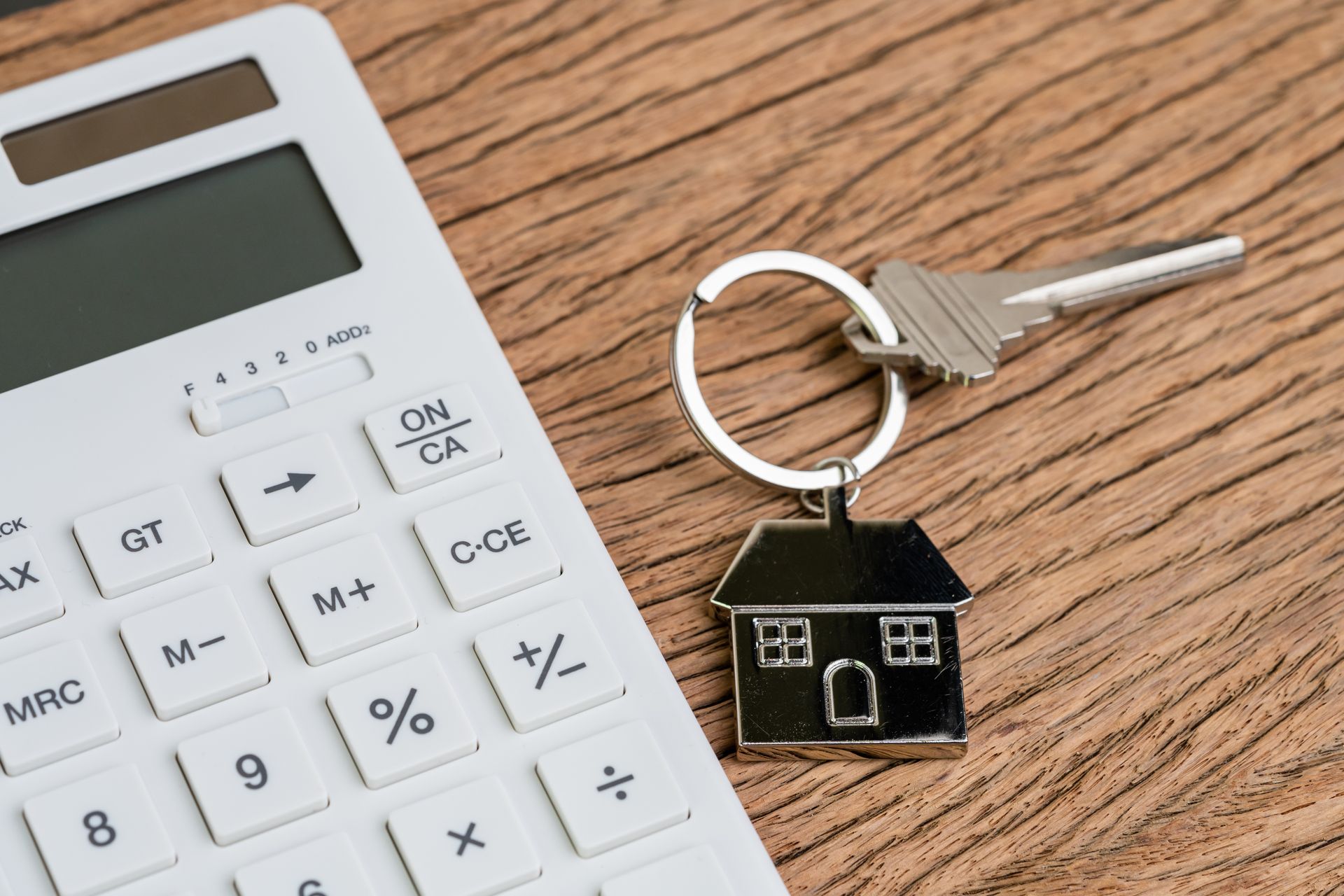What Will the Cost Of Living Crisis Mean for Divorces in the UK?
In a recent article on the cost of living crunch and how this may impact divorce, we discussed how divorcing couples in the process of negotiating a financial settlement might be affected.
Unfortunately, there has been extensive discussion in the media in the past weeks about the cost of living crisis due to rapidly escalating energy costs (even allowing for government intervention) and inflation. The prospect of a prolonged period of financial strain on families across the UK brings with it the potential for an increase in the divorce rate, but is this really the case, and what can couples do in such circumstances?
Weren’t divorce applications already high before the cost of living crisis?
According to recent data from the Ministry of Justice, the number of divorce applications reached the highest rate in a decade in the middle of this year. The data shows that 33,566 divorce applications were made (78% from sole applicants and 22% from joint applicants) in the period between April to June. This sudden increase coincided with the introduction of the Divorce, Dissolution and Separation Act (2020), allowing for “no-fault” divorce. It remains to be seen whether this increase for the second quarter of 2022 was a result of people waiting for the no-fault divorce law to come into force or due to other factors. In the view of the Marriage Foundation, the rise was “a short-term blip that almost certainly reflects a backlog of anticipation of these new laws”.
Do divorces tend to rise during periods of financial instability?
While it may seem obvious that divorce will rise when families or couples are experiencing higher levels of financial stress, this may not necessarily be the case. It must be remembered that there are two opposing drivers behind how couples who are considering divorce due to financial stress may respond. On the one hand, couples may apply for a divorce if their relationship deteriorates as a result of financial worries and disagreements; on the other hand, they may stay together out of financial necessity.
According to research from the United States following the 2008 financial crash, “Results show a downward spike in the divorce rate after 2008, almost recovering to the expected level by 2011, which suggests a negative recession effect”. Other research appears to back this up, “For almost a century, anecdotes have suggested that divorce rates decline during recessions. However, until very recently, there has been surprisingly little formal empirical evidence on whether such a link exists, let alone its magnitude if it does”.
In England and Wales, the divorce rate did not increase in 2008 or 2009; rather, it fell, continuing a trend that started in 2004. The number of divorces did increase by over 5,500, however, in 2010 when compared with 2009. This may suggest a delayed response to the 2008 financial crisis and that more couples sought a divorce once its immediate effects started to lift. This hypothesis is also put forward by the ONS, which states, “The figures show that divorce rates continued their downward trend during 2008 and 2009 but increased in 2010. This could be consistent with the theory that recession is associated with an increased risk of divorce, but with a delayed impact, perhaps reflecting couples wait for an economic recovery to lift the value of their assets”. Interestingly, the divorce rate in England and Wales continued to fall over the long term after 2010, from 119,589 to 103,592 in 2020.
What can couples do whose relationships are under strain due to financial pressure?
A wide range of support services is available to married couples and those in civil partnerships, including marriage guidance counsellors and financial specialists. The charity Relate offers a full range of services, including relationship counselling, family counselling, mediation, children’s counselling, and young people’s counselling.
If you are experiencing financial difficulties, consider speaking to a financial advisor, your bank, or a charity such as Step Change. Step Change also offers a range of services to help individuals and couples get control of their finances by using debt management plans, individual voluntary arrangements, debt relief orders, bankruptcy, equity release, and Debt Arrangement Schemes.
Final words
Overall, the commonly held belief (one that is often repeated in the media) that divorce rates inevitably spike during a recession may not be entirely correct. In reality, history shows us that there is a possibility of a delayed short-term increase following more severe recessions, which then corrects itself shortly after. It may be that the introduction of no-fault divorce alters this dynamic. Regardless of the statistics, those considering divorce, especially if this has been exacerbated by the current financial crunch, have a range of options available to them. It may be that taking early action to lower the impact of any financial stress may resolve some or all of the relationship issues.
For a free consultation regarding any legal matter relating to divorce or financial orders, please call our understanding and caring family law team on 0208 300 6666.














